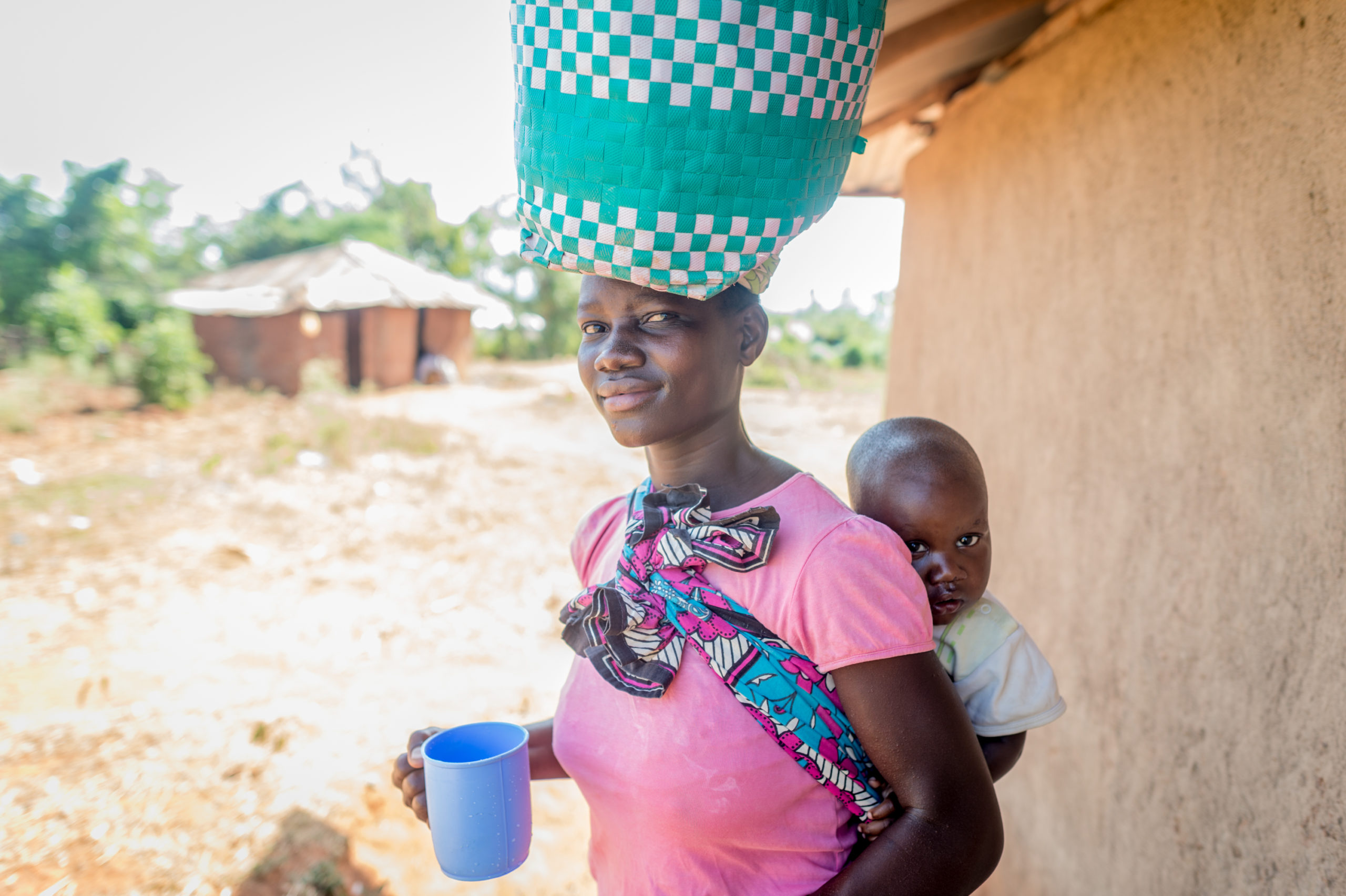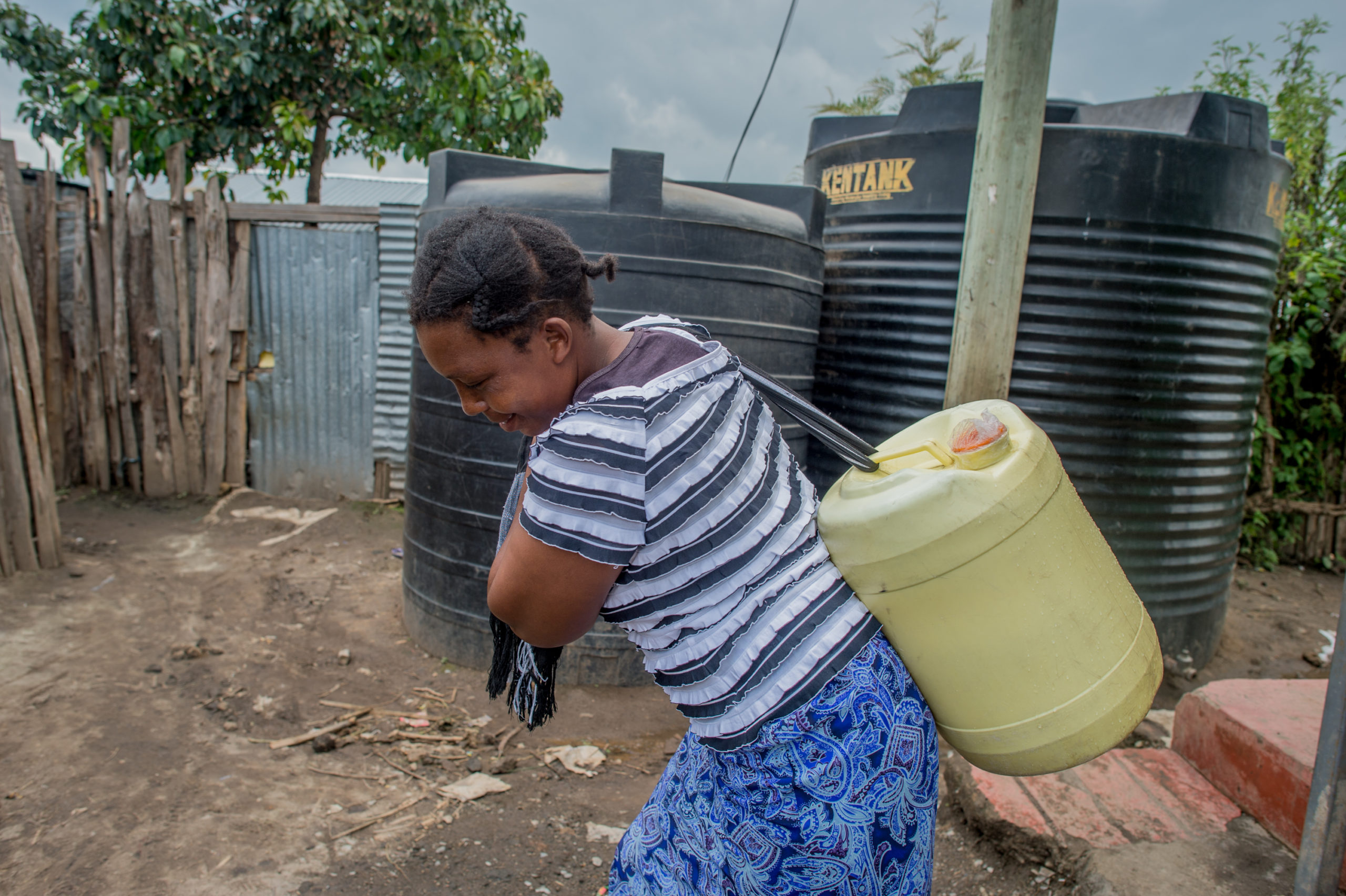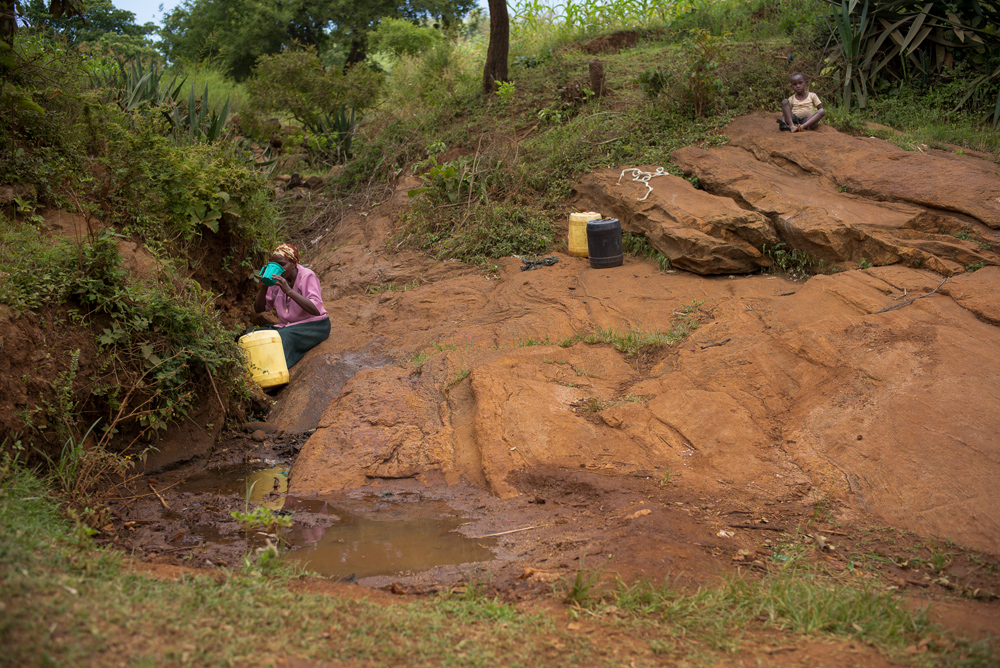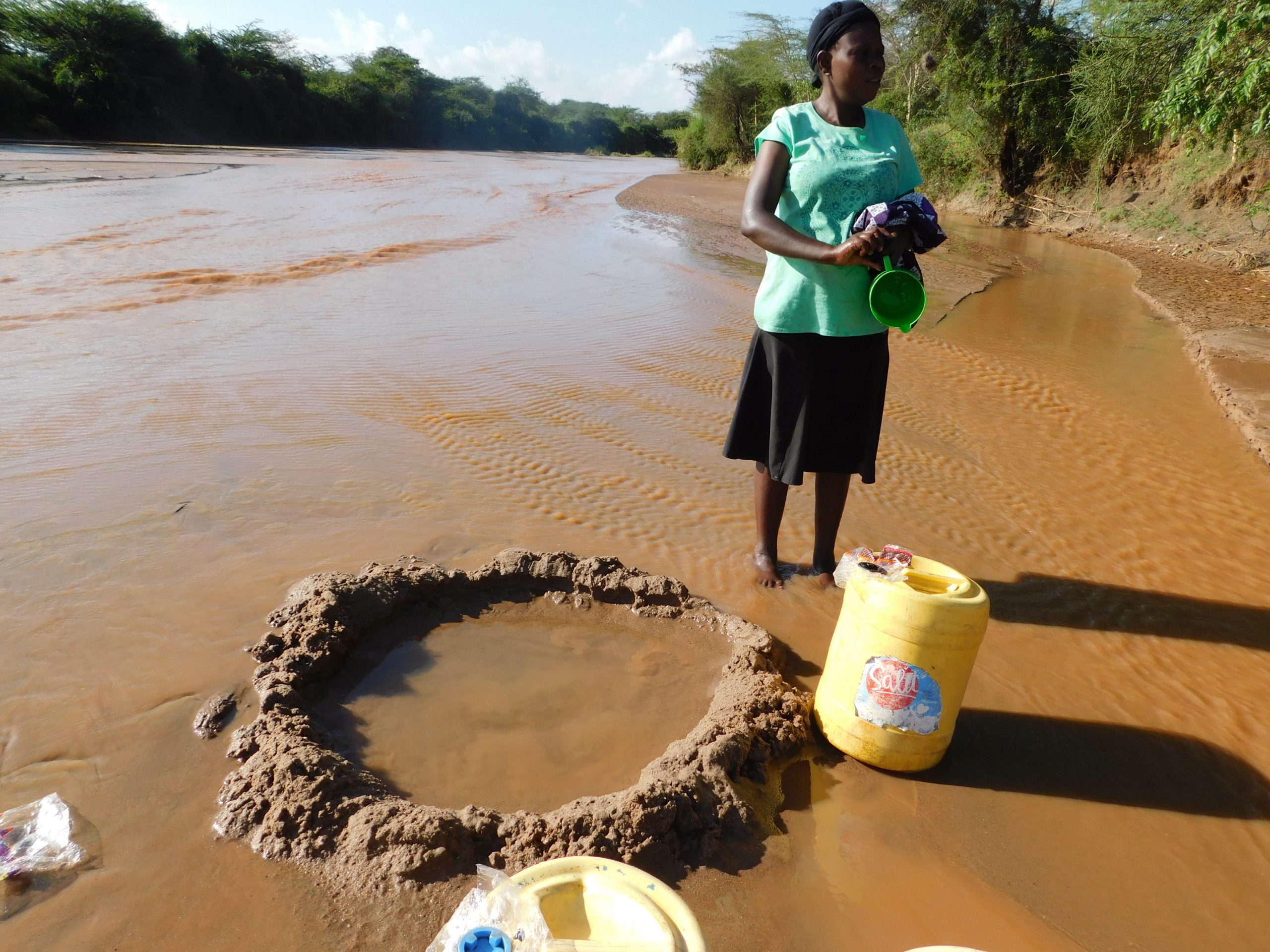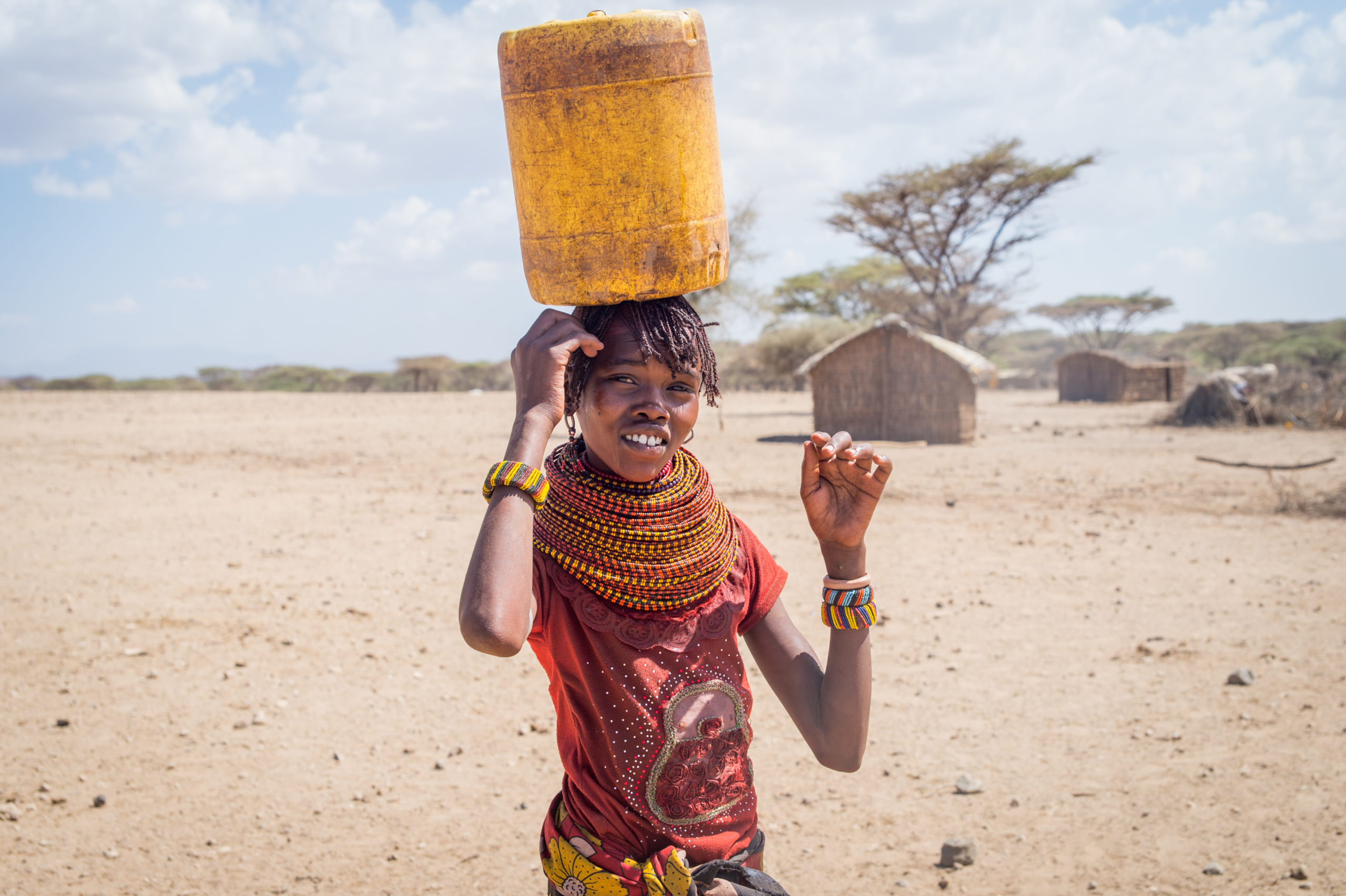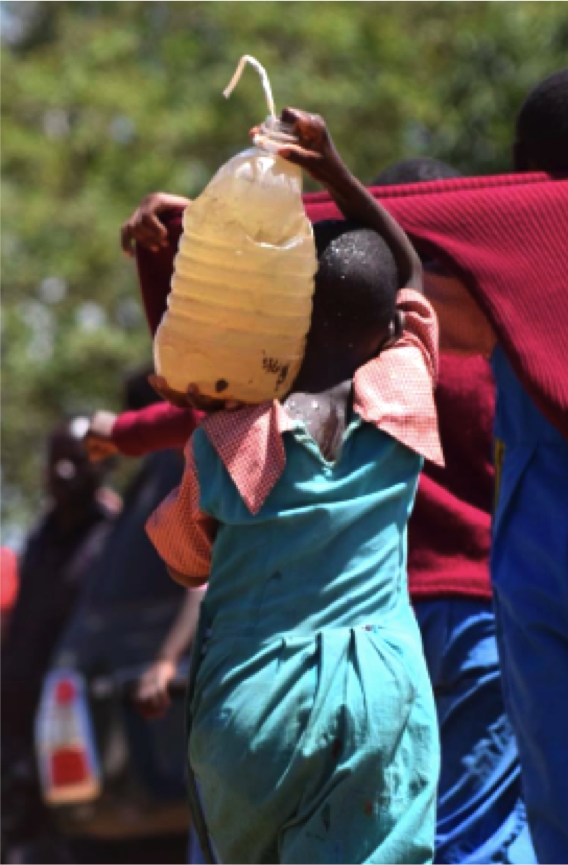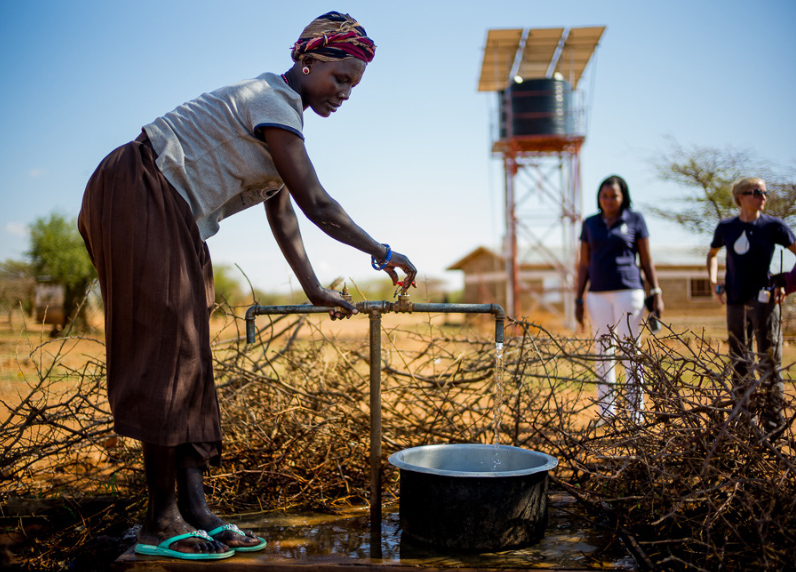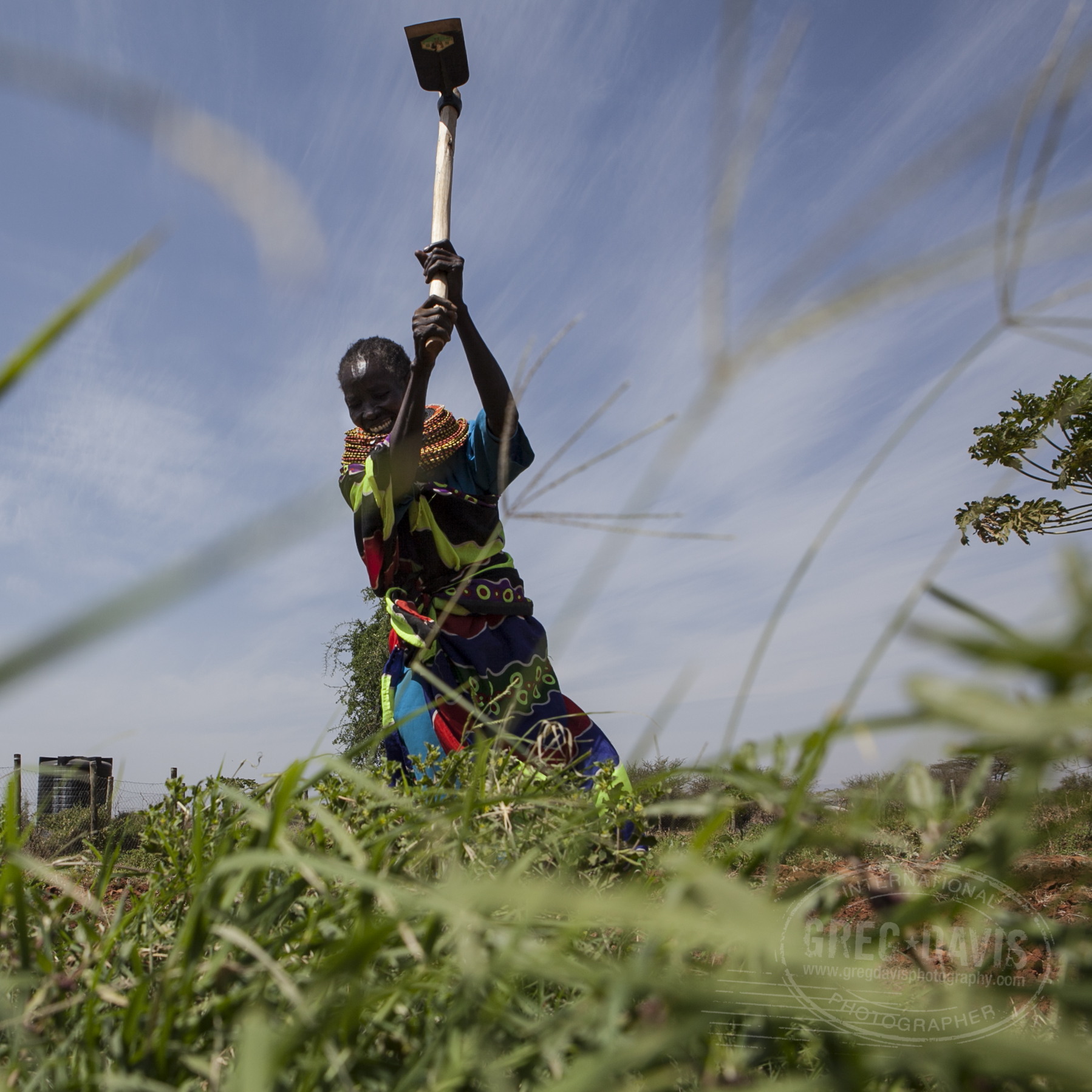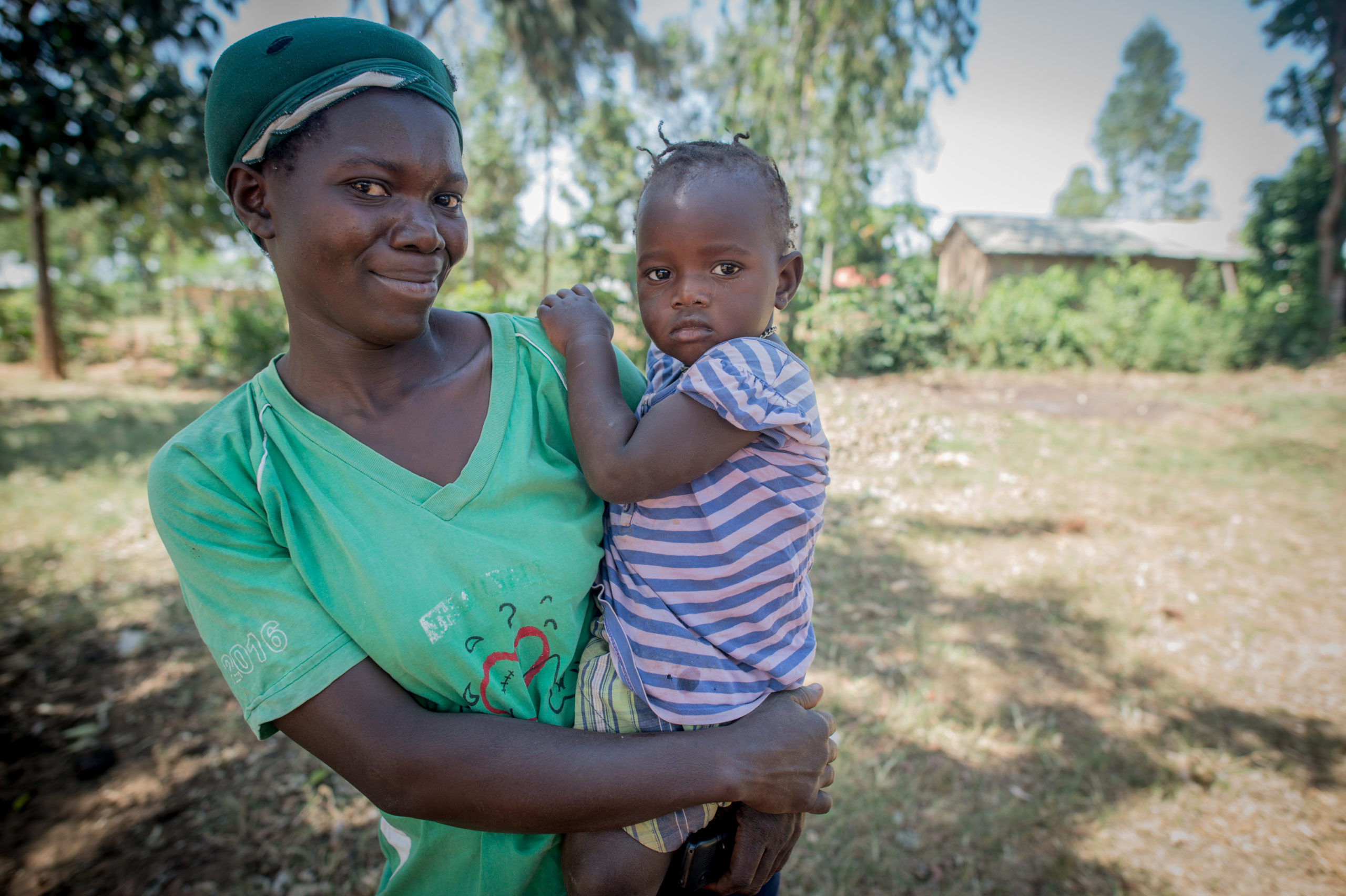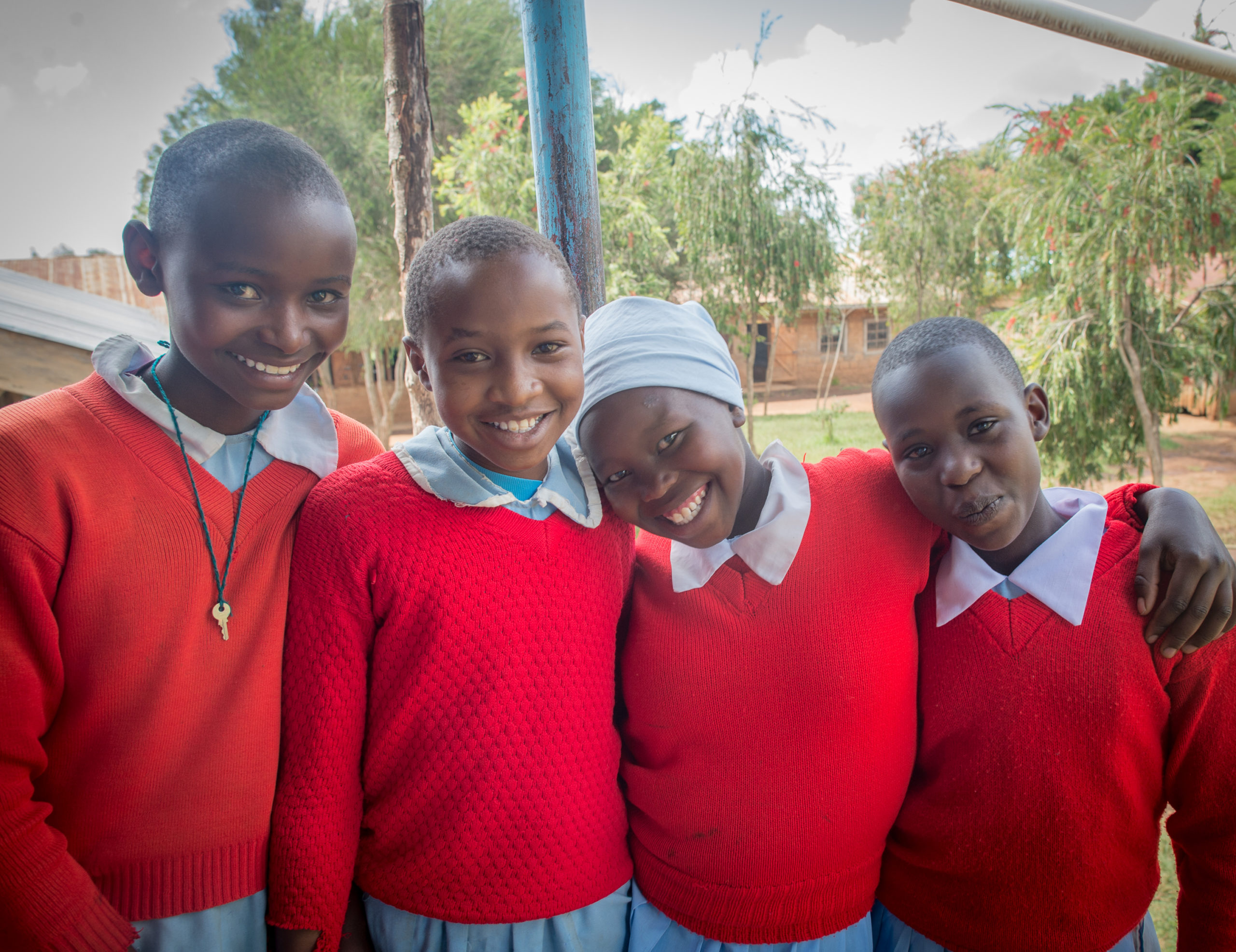February 16, 2022
Water Rights are Women’s Rights
Mindful, determined, resilient, powerful.
These are just a few words we can use to describe women we have all encountered. They are mothers, caregivers, entrepreneurs, and most importantly they are capable of so much and we rarely give credit to them, which shouldn’t be the case.
As we approach International Women’s Day on March 8th, celebrate Women’s History Month, and appreciate all of the women in our lives, we should take a look at how water rights have been a core problem for women in most developing countries.
The UN Sustainable Development Goal #6 is clean water and sanitation for all. However, in most households, this is just a far-fetched reality.
In 80% of water-deprived households, women and girls carry the burden of water collection, often walking 6 kilometers a day while carrying 20 liters (approximately 42 pounds) of water.
Collecting water takes time. According to UNICEF, worldwide, women and girls spend an estimated 200 million hours every day collecting water. All of this wasted time deprives women and girls of basic necessities and opportunities, such as access to education, spending time with their families, household tasks, leisure time, and reduced entrepreneurial endeavors.
Most times, the water they collect is unsafe for drinking and contains dangerous micro-organisms that lead to diseases such as cholera, diarrhea, dysentery, and typhoid. There are also health issues associated with carrying water for long distances and cases of sexual abuse and sexual harassment against women walking to and from water points.
But, with access to clean and reliable water, these issues become something of the past.
The availability of clean water near marginalized communities helps improve school attendance rates among girls, raises the socio-economic status for women as they are able to work and start their own businesses, reduces cases of sexual assault among women, and helps families lead healthier lives. This is a great milestone that we all should take pride and joy in.
There is still much more to be done because, for every day this goes unsolved, hundreds of girls and women miss out on opportunities that their male counterparts have. We all know that one of the keys to alleviating poverty is gender equity, and the provision of clean reliable water is one of the most effective ways to achieve this equity. So, let’s all work together and solve this water crisis to change what life looks like for women and girls, as well as their countries, communities, and families.
